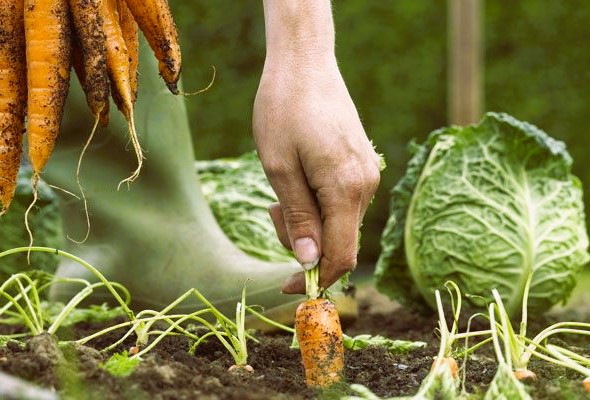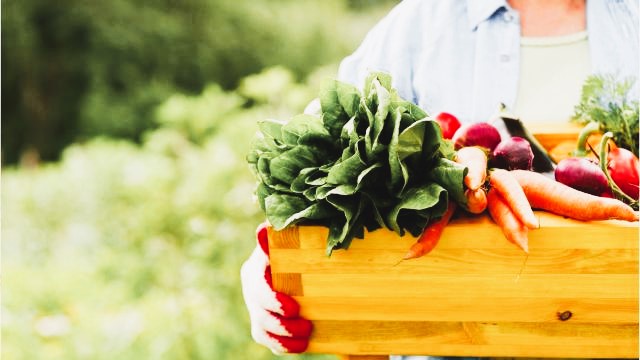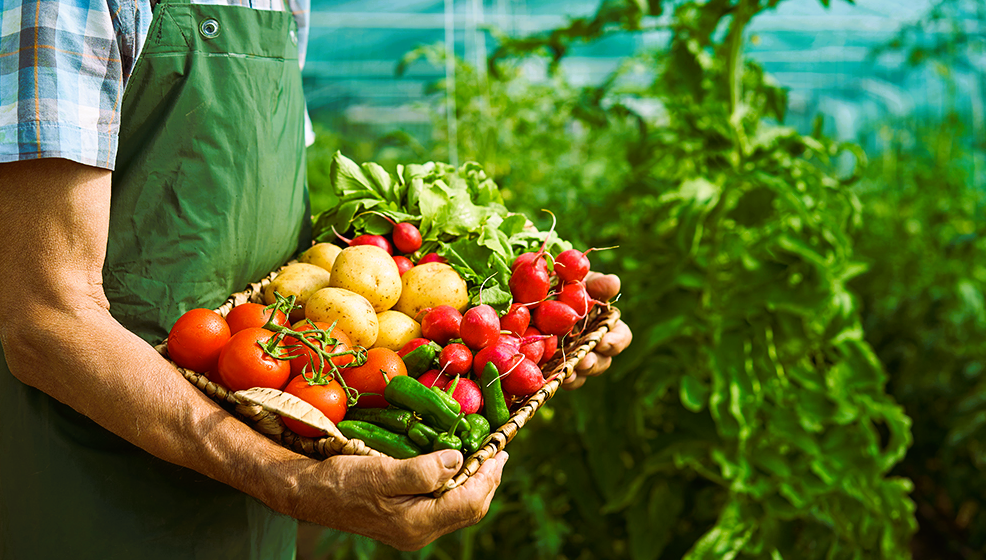Organic vegetable gardening is more than just a trend; it’s a sustainable and eco-friendly approach to growing your own fresh produce. Whether you’re a seasoned gardener or a beginner, embracing organic practices can lead to a bountiful harvest while promoting soil health and environmental well-being. In this article, we’ll explore valuable tips for successful organic vegetable gardening to help you cultivate a thriving garden.
1. Start with Healthy Soil
The foundation of a successful organic garden lies in the soil. Healthy soil provides essential nutrients, supports beneficial microorganisms, and fosters strong plant growth. Consider the following soil tips:
- Compost: Amend your soil with compost to enhance its structure and fertility. Compost is rich in organic matter, providing a steady supply of nutrients to your plants.
- Cover Crops: Plant cover crops during the off-season to prevent soil erosion, suppress weeds, and improve soil health. Legumes, such as clover, can also fix nitrogen in the soil.
- Mulching: Apply organic mulch, such as straw or wood chips, to retain soil moisture, regulate temperature, and suppress weeds. As the mulch breaks down, it adds organic matter to the soil.
2. Choose the Right Plants

Selecting the right plants for your climate, soil type, and garden space is crucial for successful organic gardening. Consider the following plant-related tips:
- Native Plants: Choose native or well-adapted plant varieties that are more resistant to local pests and diseases.
- Companion Planting: Embrace companion planting strategies to maximize the benefits of plant interactions. For example, planting marigolds near tomatoes can help deter nematodes.
- Succession Planting: Plan your garden layout to include succession planting, ensuring a continuous harvest throughout the growing season.
3. Practice Crop Rotation
Crop rotation is a key organic gardening practice that helps prevent the buildup of pests and diseases. Rotate crops annually to avoid planting the same family of vegetables in the same location. This disrupts the life cycles of pests and reduces the risk of soil-borne diseases. Did you like the article? Read also about Indoor Herb Gardens.
4. Implement Natural Pest Control
In organic gardening, chemical pesticides are replaced with natural pest control methods to protect your crops without harming the environment. Consider the following pest control tips:
- Beneficial Insects: Encourage the presence of beneficial insects, such as ladybugs and predatory beetles, that feed on garden pests.
- Companion Plants: Plant companion crops that repel pests or attract beneficial insects. For example, planting basil near tomatoes can help deter certain pests.
- Neem Oil: Use neem oil, a natural insecticide, for controlling pests. Neem oil disrupts the feeding and reproductive cycles of many insects.
5. Water Wisely
Proper watering is essential for the health and productivity of your vegetable garden. Follow these water-wise tips:
- Drip Irrigation: Consider using drip irrigation to deliver water directly to the base of plants, minimizing water waste and reducing the risk of fungal diseases.
- Mulch: Mulching not only conserves soil moisture but also helps regulate water uptake by preventing rapid evaporation.
- Watering Schedule: Water your garden in the morning to allow plants to absorb moisture before the heat of the day. Avoid watering in the evening to prevent fungal issues.
6. Organic Fertilization
Maintain soil fertility through organic fertilization methods that promote long-term soil health:
- Compost Tea: Brew compost tea as a natural liquid fertilizer. This nutrient-rich solution provides essential elements for plant growth.
- Manure: Use well-aged, organic manure from reliable sources to add nitrogen, phosphorus, and potassium to the soil.
- Crop Residues: Allow crop residues to decompose in the soil, contributing to organic matter and releasing nutrients for future plant growth.
7. Regular Monitoring and Maintenance
Stay vigilant by regularly monitoring your garden for signs of pests, diseases, or nutrient deficiencies. Prompt action can prevent issues from escalating. Consider the following maintenance tips:
- Weeding: Keep your garden free from weeds, which can compete with your vegetables for nutrients and water.
- Pruning: Prune your plants as needed to improve air circulation, reduce the risk of diseases, and encourage healthy growth.
- Thinning: Thin out crowded plants to provide adequate space for healthy development and prevent the spread of diseases.
8. Harvest Timely and Properly

Harvesting your vegetables at the right time ensures optimal flavor, texture, and nutritional value. Follow these harvesting tips:
- Regular Harvesting: Harvest vegetables regularly to encourage continuous production. Overripe fruits or vegetables can attract pests.
- Use Clean Tools: Use clean and sharp tools for harvesting to minimize damage to plants and reduce the risk of diseases.
- Harvest in the Morning: For best flavor and nutrient retention, harvest vegetables in the morning when they are at their freshest.
9. Educate Yourself
Continuously educate yourself on organic gardening practices, pest management, and plant care. Stay informed about new techniques, tools, and resources that can enhance your gardening skills. Books, online forums, and local gardening clubs are valuable sources of information.
10. Record Keeping
Maintain a gardening journal to track planting dates, crop rotations, pest control methods, and harvest yields. This record-keeping helps you learn from past experiences, make informed decisions, and improve your organic gardening practices over time.
In conclusion, successful organic vegetable gardening involves a combination of mindful practices, sustainable methods, and a commitment to environmental stewardship. By implementing these tips, you can create a thriving organic garden that not only provides fresh and nutritious produce but also contributes to the well-being of the planet.
For more in-depth information on organic gardening standards and practices, you can explore reputable sources such as Canada.ca. These sources provide valuable insights into the principles of organic gardening, soil management, and sustainable agriculture.


